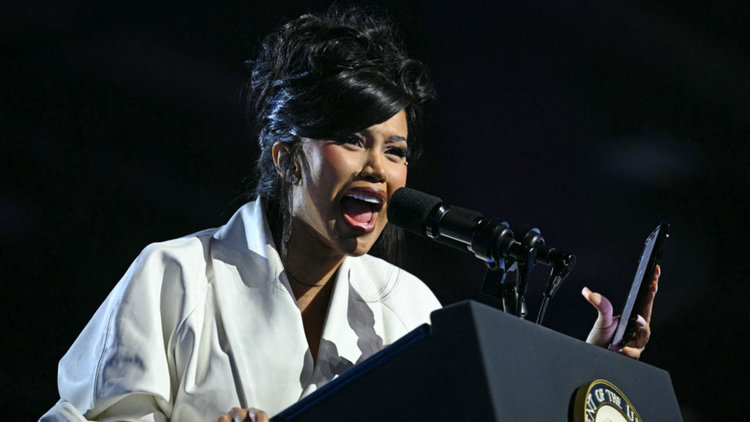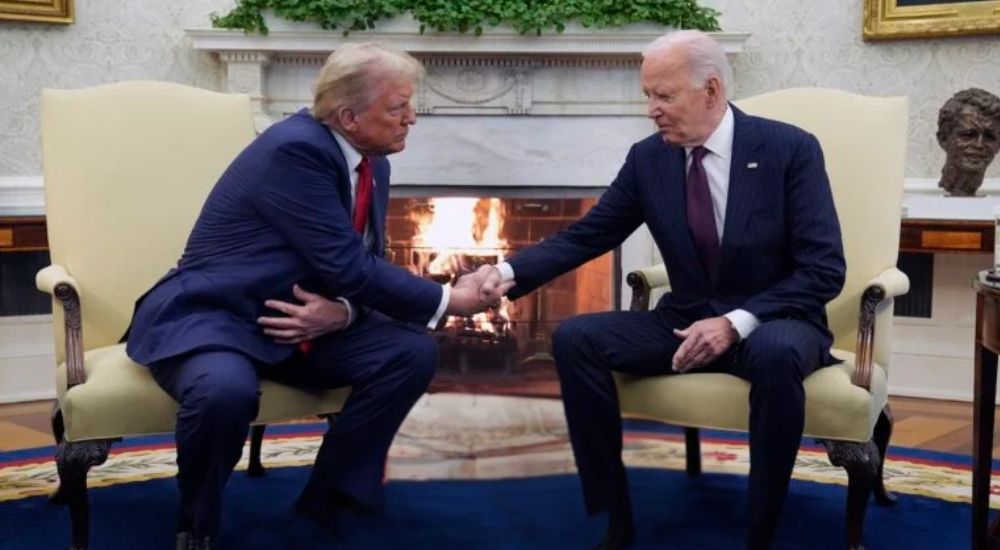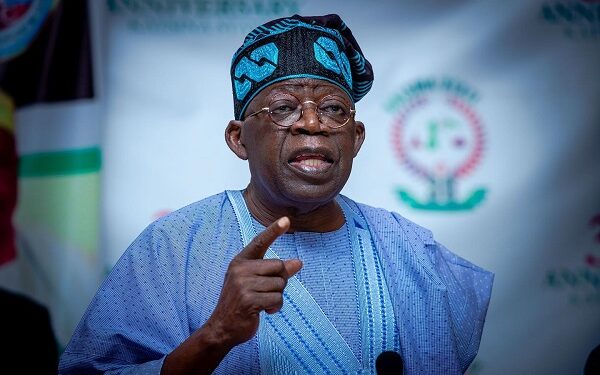Palestinian Exclusion Shows the Limits of Kamala Harris’s Politics of Joy

Politics tamfitronics
Politics / August 22, 2024
The Democratic convention’s giddy vibe shift is shadowed by ongoing war and a failure to hear Palestinian voices.
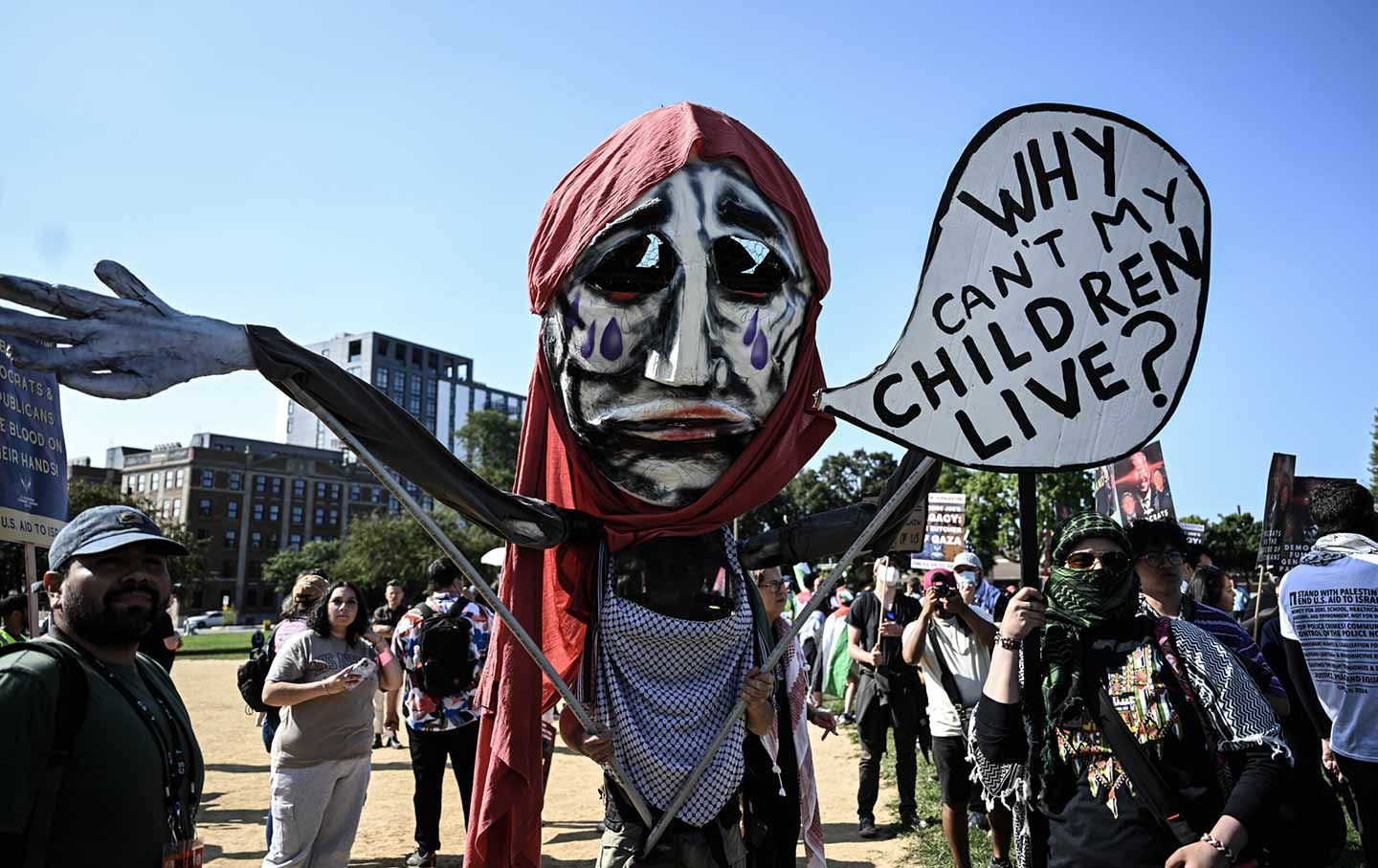
This year’s Democratic National Convention is more likely to be remembered for its giddy mood than for any memorable turns of phrase or innovative policy ideas. Democrats have been on an emotional high ever since Joe Biden withdrew his presidential bid and Kamala Harris was elevated as the party’s presumptive nominee. Suddenly, all the anxiety of the last year—much of it based on a realistic fear that Biden was not up to the job of defeating Donald Trump—evaporated, practically overnight. Biden in the last few months had rapidly lost his ability to speak clearly, so that, even before his disastrous debate with Trump on June 28, it was often painful to watch Biden, since he was so clearly struggling with his words. At least that was my experience—and I don’t think I was alone in this. With every public appearance, Biden seemed less and less a leader. Instead, he became a walking memento mori—a disturbing reminder of the frailty of our existence.
If Biden was clearly in the twilight of his life, Harris had the full spark of youth in her gait and persona. She was vivacious, engaged, quick to laugh, and clearly someone who enjoyed the gift of existence. This feeling of revitalization was reinforced when she picked as her running mate Minnesota Governor Tim Walz, a hearty man quick to make amusing jabs at Republicans.
The theme of “joy” has been repeatedly brought up during the DNC. Doug Emhoff, Harris’s spouse, described her as a “joyful warrior.” Hakeem Jeffries, the House minority leader, quoted the Book of Psalms, which teaches that “weeping may endure during the long night, but joy will come in the morning.” Jeffries promised that working to elect Harris will ensure that “joy, joy, joy comes in the morning.” Former president Bill Clinton, although nearly as ravaged by age as Biden and Trump, got caught up in the mood of the convention and said he also wanted “an America that is more joyful, more inclusive, more future-focused.”
But it’s hard to take this joyful mood seriously when it is based on a denial of the ongoing Israeli assault on Gaza, which has seen at least 40,000 people, mostly civilians, killed. (That figure is a very conservative estimate, and there are grounds to think causalities could be three or four times higher). This horrific war is being funded by the United States, which is giving full diplomatic protection to the Israeli government even as international organizations offer credible evidence of ongoing systematic war crimes. Within the sheltered precincts of the DNC, doctors who had recently been in Gaza offered testimony of soul crushing war crimes.
So far, the Harris campaign has failed to give any evidence that she plans to change Biden’s “bear hug” strategy of unconditional support for Israel, which has enabled this ongoing carnage. Further, the DNC is excluding any Palestinian voices from the stage.
Writing in Vanity Fair on Wednesday, the noted essayist Ta-Nehisi Coates acutely observed that although the Democrats are otherwise proud of showcasing their diversity, the party draws the line at Palestinian-Americans:
At some point during the first evening of the Democratic National Convention, somewhere between the land acknowledgements and the Jesse Jackson tribute, it occurred to me how relatively few white people I was seeing on the program. They were there, of course, and by the end of the night, white speakers seemed, if not a majority, then at least a plurality. I don’t know if that first day looked like America, but it certainly looked like what people who use the phrase “look like America” imagine the country to be. A wave of edgy jokes flooded my various group chats. I was happy to contribute, but the truth is I’m a lover not a fighter, and thus sincerely believe in the meaning of the symbolic as something beyond cynical political manipulation. In the case of the DNC, the symbols communicated the breadth of the Democratic Party’s coalition, as well as its limits. Perhaps that’s why I’ve spent the past two days sweating the one major omission of the party that claims diversity as its strength.
The host city for the DNC is Chicago, whose metro area is home to more Palestinian Americans than anywhere else in the country. But you would not know this looking at that stage. Despite the appeals of Palestinian American delegates and activists, no Palestinian American is scheduled to address the convention from the main stage.
Current Issue
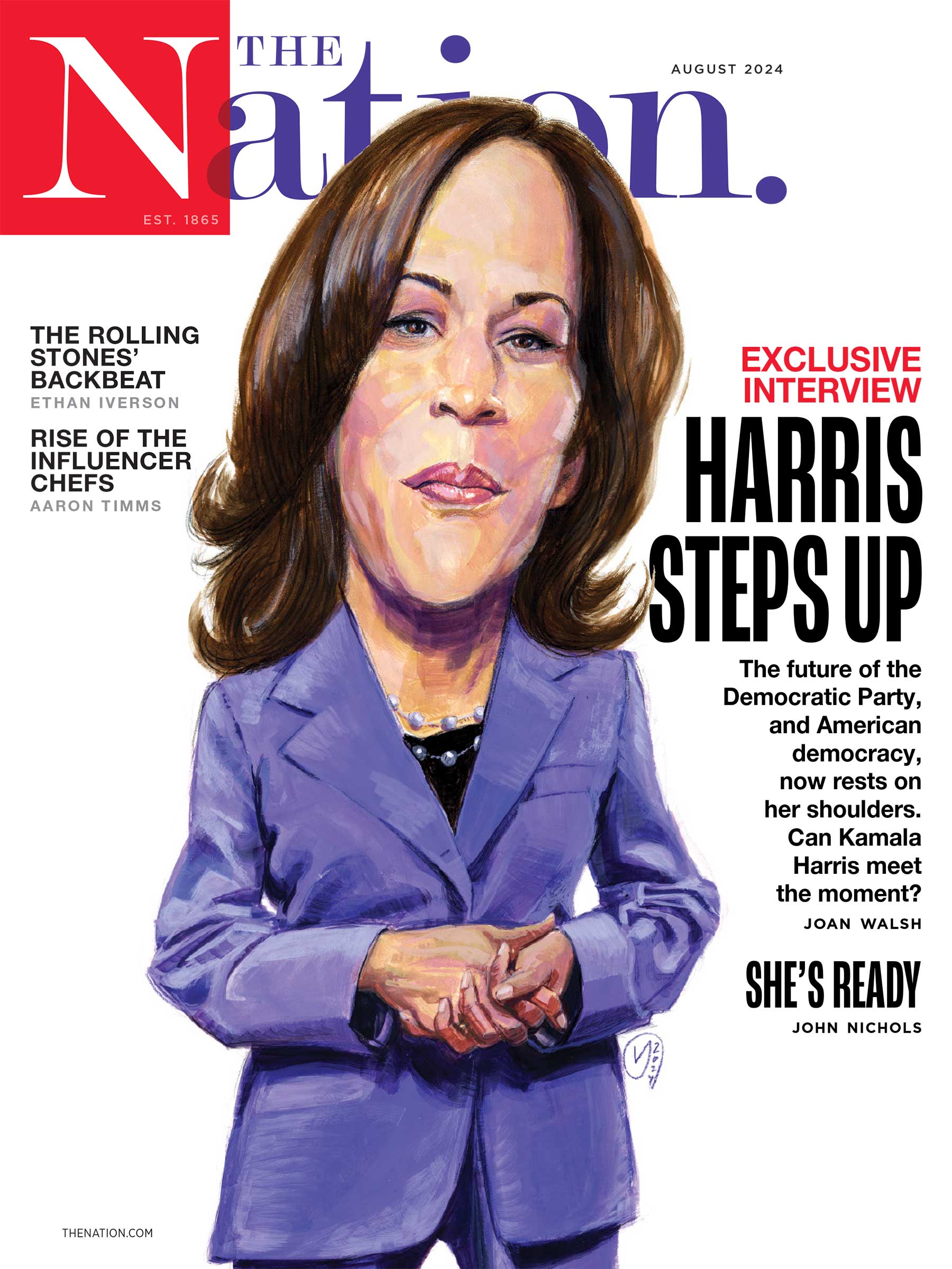
On Wednesday, the issue of Palestinian exclusion started to boil over, as members of the Uncommitted National Movement staged a sit-in demanding one Palestinian speaker. They were even willing to have that speaker’s words be vetted. But the Harris campaign is resisting even this very modest request.
Commenting on the exclusion of Palestinians, Mehdi Hasan of Zeteo News, noted, “There are plenty of Dem delegates at this Convention here in Chicago who I am sure support an arms embargo and are against what’s happening in Gaza BUT they don’t want it to get in the way of pro-Kamala party atmosphere. It’s an inconvenient genocide.” Representative Rashida Tlaib offered an even pithier summary: “To hear what we’ve done to generations of families shatters the false narrative of hope and joy.”
The current politics of joy are a specific response to a contingent series of events: Biden’s diminished presence created a feeling of dread, as a winnable election looked like it was doomed. Then the party was rapidly able to mobilize to switch Biden for Harris, with a quick consensus forming in support of her. This emotional whiplash led to joy.
But that joy will inevitably be transitory, since elections are about not just mood but also actual policy, which is a contentious matter. The shadow cast by Gaza on the DNC is an early sign that the Democrats have to start getting serious about politics. Joy can’t be used to evade the hard tasks ahead—including the job of moving beyond Biden’s failed Middle East policy.
Politics tamfitronics Can we count on you?
In the coming election, the fate of our democracy and fundamental civil rights are on the ballot. The conservative architects of Project 2025 are scheming to institutionalize Donald Trump’s authoritarian vision across all levels of government if he should win.
We’ve already seen events that fill us with both dread and cautious optimism—throughout it all, The Nation has been a bulwark against misinformation and an advocate for bold, principled perspectives. Our dedicated writers have sat down with Kamala Harris and Bernie Sanders for interviews, unpacked the shallow right-wing populist appeals of J.D. Vance, and debated the pathway for a Democratic victory in November.
Stories like these and the one you just read are vital at this critical juncture in our country’s history. Now more than ever, we need clear-eyed and deeply reported independent journalism to make sense of the headlines and sort fact from fiction. Donate today and join our 160-year legacy of speaking truth to power and uplifting the voices of grassroots advocates.
Throughout 2024 and what is likely the defining election of our lifetimes, we need your support to continue publishing the insightful journalism you rely on.
Thank you,
The Editors of The Nation
Jeet Heer
Jeet Heer is a national affairs correspondent for The Nation and host of the weekly Nation podcasts, The Time of Monsters. He also pens the monthly column “Morbid Symptoms.” The author of In Love with Art: Francoise Mouly’s Adventures in Comics with Art Spiegelman(2013) andSweet Lechery: Reviews, Essays and Profiles(2014), Heer has written for numerous publications, including The New Yorker, The Paris Review, Virginia Quarterly Review, The American Prospect, The Guardian,The New Republic, and The Boston Globe.






